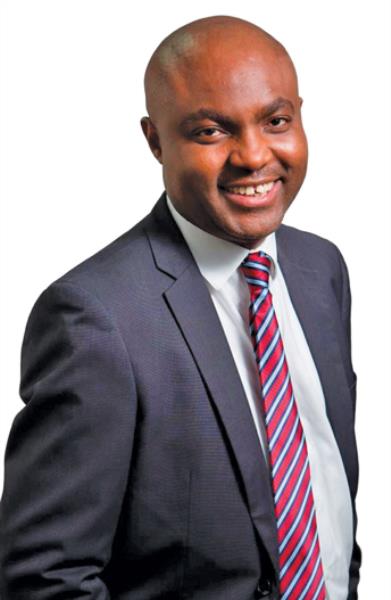08 February 2019
The new chief executive officer at pan-African broadband infrastructure provider CSquared has outlined some of the priorities facing ISPs and mobile wireless operators on the continent should Africa wish to welcome a digital revolution.
Speaking exclusively to Northern African Wireless Communications, Lanre Kolade said service providers should be able to concentrate on their core business and not get weighed down by infrastructure challenges.

Lanre Kolade, the new chief executive of CSquared, said service providers should be able to concentrate on their core business rather than infrastructure challenges.
He said one priority should be moving to open-access infrastructure, which offers several benefits for the operators, including “removing the capex burden by moving to an opex model”.
“The cost of access to that infrastructure will be much lower than what each operator would incur on their own,” he said.
Kolade added that another key benefit of open-access infrastructure for providers is that they remove the operational burden that comes from deploying and managing a fibre network, such as obtaining right-of-way and permits, dealing with procurement and logistics for materials, preventing and repairing fibre cuts.
“Free of those concerns, the ISPs and operators will be able to concentrate on their core business and create innovative products and services for their consumers and grow their business,” he said.
However, like many other industry leaders, Kolade said the “infrastructure deficit” remains a major hurdle for Africa as a whole and is a barrier to progress as things stand.
“For example, we have a lot of submarine fibre cables at the coasts, but the metro and backbone networks are not there yet to disseminate the internet traffic from the coasts into the hands of consumers in the cities,” he added. “So, we cannot yet exploit the full benefit of the internet as it is still very expensive and not pervasive.”
There are also the age-old problems of access to cheap broadband and last-mile connectivity and regulation.
However, Kolade is optimistic that Africa will experience a digital revolution if the right people put their heads together.
“We will need our regulators to allow the industry to succeed by protecting intellectual property rights and investments,” Kolade continued. “The private sector players must be seen as enablers of growth as they will create value for the entire ecosystem in the form of jobs, improved infrastructure, and payment of tax income to governments. The policy makers must be ready to provide the necessary oversight so that the capital investments are secured in terms of laws that protect private property, permits/operating licenses and fair taxes on the operations of the private sector.”
Speaking earlier in the week, Kolade said “fibreising” Africa was a key driver for his company because there is “a dire need to have broadband” that would bring the internet to the people of Africa.







